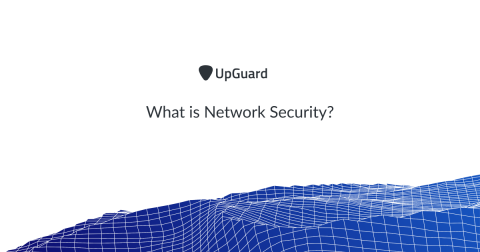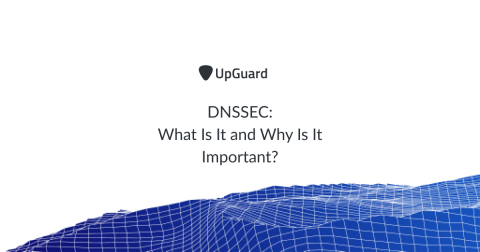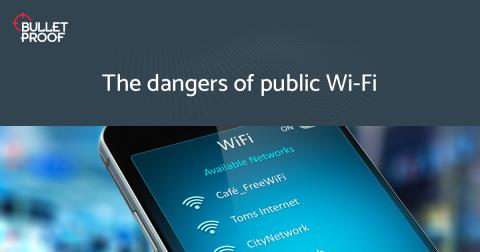Security | Threat Detection | Cyberattacks | DevSecOps | Compliance
Networks
The Policy Expert: MMS: IP Source Routing Protection Level
The risks of public Wi-Fi and how to stay safe
In a bid to entertain their customers, airports, coffee shops, shopping malls - and literally all public places- provide free Wi-Fi. And because the traffic in and around these places is exceedingly high, their Wi-Fi networks aren’t as secure as you’d imagine. For what it is worth, your privacy can never be sufficiently protected by a 5 or even 10-digit login password that you are given.
Tracking Malicious Activity across the Sumo Attack Lifecycle
What is Network Security?
Network security is the process of using physical and software security solutions to protect the underlying network infrastructure from unauthorized access, misuse, malfunction, modification, destruction or improper disclosure, creating a secure platform for computers, users and programs to perform their functions in a secure environment.
Undivided we fall: decoupling network segmentation from micro-segmentation in the software defined perimeter
As of today, no laws or regulations, even the latest version of PCI-DSS, HIPAA, and HITECH, do not make network segmentation or micro-segmentation compulsory to comply with the rule. By making network segmentation discretionary -- even when transmitting, processing, or storing regulated data, the number of breaches will continue to rise as companies err on the side of doing less with more.
DNSSEC: What Is It and Why Is It Important?
The Domain Name System Security Extensions (DNSSEC or DNS Security Extensions) is a set of Internet Engineering Task Force (IETF) specifications for securing certain kinds of information provided by the Domain Name System (DNS) as used on Internet Protocol (IP) networks. DNSSEC provides DNS resolvers origin authentication of DNS data, authenticated denial of existence and data integrity but not availability or confidentiality.
The ultimate guide to VPN encryption, protocols, and ciphers
Introduced to the market nearly two decades ago, Virtual Private Networks (VPNs) are a uniquely enduring cornerstone of modern security. Most large organizations still employ a VPN solution to facilitate secure remote access, while millions of consumers rely on similar products to bolster their online privacy, secure public Wi-Fi connections, and circumvent site blocks. By now, most of us know that a VPN assigns us a new IP address and transmits our online traffic through an encrypted tunnel.
The dangers of public Wi-Fi
Working from home used to mean an unofficial day off, but it’s becoming an increasingly common way for people to – well, actually work. For these people, pitching up at a coffee shop is not unusual. Lots of people do it. They're no longer the reserve for would-be screenwriters. There are numerous benefits, such as easy access to overpriced coffees and the option to be sociable but with no obligation to actually be so.
How to Ensure Network Security?
With a colossal surge in cyber-attacks and high reliance on technology in this digital age, ensuring the security of data and information have become a daunting task. Cyber threats are accelerating significantly even faster than the enhancements businesses are making. Computer networks have become bigger and their interconnectivity using a Wide Area Network (WAN) is worldwide due to globalization.









